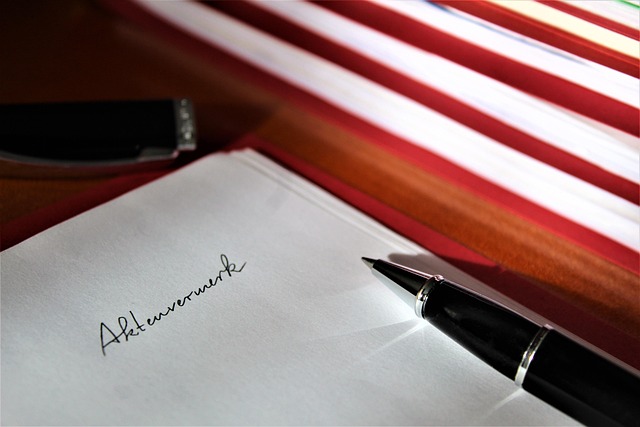C-Level Investigations offer comprehensive solutions for complex matters, focusing on thoroughness, discretion, and exceptional results. They address corporate and individual concerns by understanding structures, regulations, and legal precedents, involving strategic planning, evidence gathering, and findings presentation. Initiated by potential legal or ethical issues, these investigations can mitigate risks, liabilities, and preservation of organizational integrity. While hiring an appeal lawyer incurs a high Cost of Hiring Appeal Lawyer, it's crucial for avoiding severe consequences. Financial considerations are key, with contingency or hourly billing structures to align with case duration.
In the world of corporate governance, C-level investigations are crucial in unearthing potential misconduct. This comprehensive guide delves into the intricacies of these high-stakes inquiries. We explore key aspects such as scope, data collection, and witness interviews. Understanding when to launch is essential, as triggers can range from ethical concerns to regulatory demands. Moreover, this article provides a detailed look at the cost of hiring an appeal lawyer – a significant consideration in navigating complex legal landscapes.
- Understanding C-Level Investigations: Key Aspects
- When to Launch: Triggers for High-Level Inquiries
- The Cost of Hiring an Appeal Lawyer: A Comprehensive Look
Understanding C-Level Investigations: Key Aspects

C-Level Investigations refer to high-level inquiries conducted for corporate and individual clients, delving into complex matters that demand expertise and sensitivity. These investigations span all stages of the investigative and enforcement process, ensuring comprehensive coverage. Key aspects include thoroughness, discretion, and achieving extraordinary results. The cost of hiring an appeal lawyer can vary significantly based on the complexity of the case, the jurisdiction, and the specific legal strategies required.
Effective C-Level Investigations require a nuanced understanding of corporate structures, regulatory frameworks, and legal precedents. They must be tailored to address specific concerns while maintaining compliance with applicable laws. The process involves meticulous planning, gathering evidence, interviewing key stakeholders, and presenting findings in a clear and compelling manner. This level of scrutiny is essential for identifying potential risks, mitigating liabilities, and upholding the integrity of organizations.
When to Launch: Triggers for High-Level Inquiries

When deciding to launch a C-Level investigation, understanding the right triggers is paramount. These inquiries are typically initiated when an organization faces potential legal or ethical dilemmas that could significantly impact its reputation and financial health. High-level investigations are often sparked by various factors, such as internal reports of fraudulent activities, regulatory audits, or sudden drops in stock value—all indicating a need for immediate clarity.
Moreover, the cost of hiring an appeal lawyer might seem steep, but it pales in comparison to the potential consequences of ignoring red flags. Philanthropic and political communities, aware of these risks, often encourage proactive measures. Achieving extraordinary results through comprehensive investigations can safeguard organizations from severe penalties, protect their public image, and ensure compliance with legal frameworks, ultimately fostering a culture of transparency and accountability.
The Cost of Hiring an Appeal Lawyer: A Comprehensive Look

Hiring an appeal lawyer can be a significant financial investment, especially for high-stakes cases making their way through all stages of the investigative and enforcement process. The cost of legal representation in these complex scenarios often reflects the expertise required to navigate jury trials and the intricate nature of the law itself.
Understanding the billing structures used by different law firms is essential when considering an appeal. Some firms charge on a contingency basis, meaning they only take payment if the case is won, which can be appealing for clients concerned about upfront costs. Others may bill hourly, requiring clients to cover legal expenses as they accumulate. The latter approach can be more predictable but also carries the risk of substantial fees, particularly in lengthy cases. It’s crucial for individuals or organizations facing appeals to carefully review and compare billing practices to find a suitable option that aligns with their financial capabilities and the expected duration of the case.
In navigating complex corporate matters, understanding when to launch C-level investigations is paramount. By recognizing the triggers and potential outcomes, organizations can make informed decisions. While the cost of hiring an appeal lawyer may be a significant consideration, it pales in comparison to the long-term benefits of thorough inquiry. Balancing financial constraints with the need for transparency and accountability ensures effective risk management and strategic decision-making at all levels.






